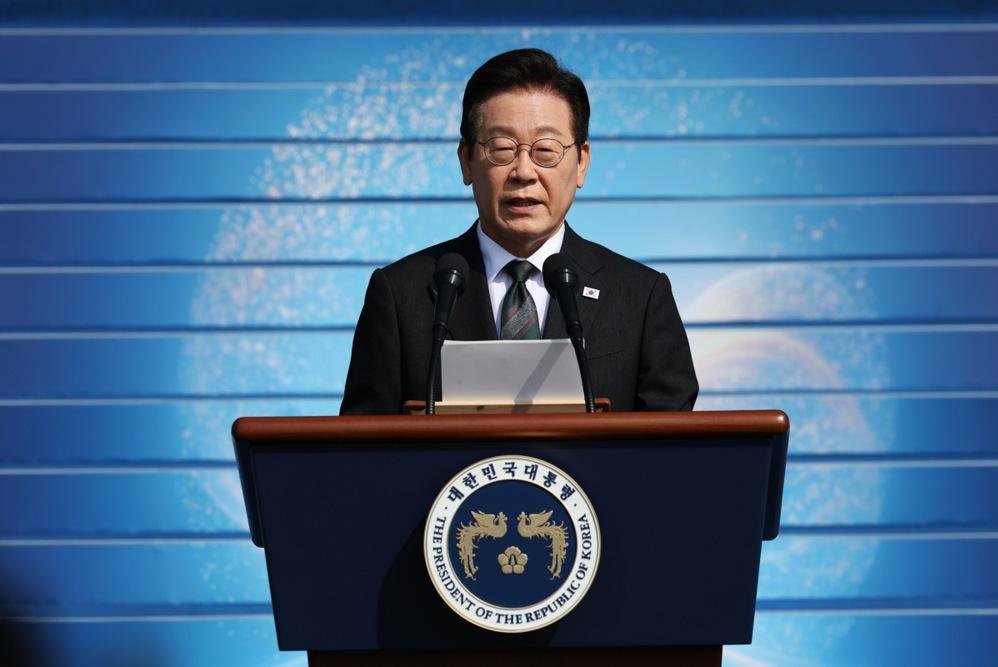A bill backed by lawmakers from President Lee Jae Myung’s Democratic Party would amend the Assembly and Demonstration Act to ban chants and banners deemed hostile toward foreign nationals. Photo by Jim Hong-ji/EPA/Pool
SEOUL, Oct. 6 (UPI) — South Korea’s ruling party has introduced legislation to curb anti-China slogans at public rallies, presenting it as a step against hate speech, but raising concerns that it could restrict free expression.
The bill, backed by lawmakers from President Lee Jae Myung’s Democratic Party, would amend the Assembly and Demonstration Act to ban chants and banners deemed hostile toward foreign nationals. It follows demonstrations in Seoul at which protesters shouted “China Out” to oppose the government’s visa-free entry policy for Chinese tourists.
The conservative People Power Party called the proposal “an attempt to weaponize hate speech laws to silence dissent.” The Journalists Association of Korea warned that it could create a precedent for state control of political expression, while the civic group Citizens’ Coalition for Democratic Media said it amounted to “direct interference in protest rights.”
The debate reached the courts after Freedom Univ, a conservative civic group, planned a rally Friday, National Foundation Day, from Dongdaemun to Gwanghwamun Square with banners including “China Out.”
Police issued a ban on such slogans and restricted access to Gwanghwamun. On Thursday, the Seoul Administrative Court overturned the order, ruling that it was filed outside the legally required 48-hour deadline. The court emphasized that its decision was procedural and did not amount to a blanket approval of hate speech.
China is South Korea’s largest trading partner, and critics argue the legislation is driven less by concern over xenophobia than by a desire to avoid diplomatic friction. Reporters Without Borders also expressed concern, warning that increasing political influence over speech and media undermines South Korea’s democratic institutions.
The measure comes amid broader concerns about government consolidation of power, including the recent dismantling of the independent Korea Communications Commission and its replacement with a body more directly controlled by the ruling bloc.
The bill remains under committee review in the National Assembly, but rights groups warn that once restrictions on protest slogans are codified, they could easily expand to broader forms of dissent.
The debate contrasts with the United States, where the First Amendment protects most forms of speech unless it incites imminent violence. South Korea’s legal framework allows broader limits, highlighting the different ways democracies balance free expression and social order.

